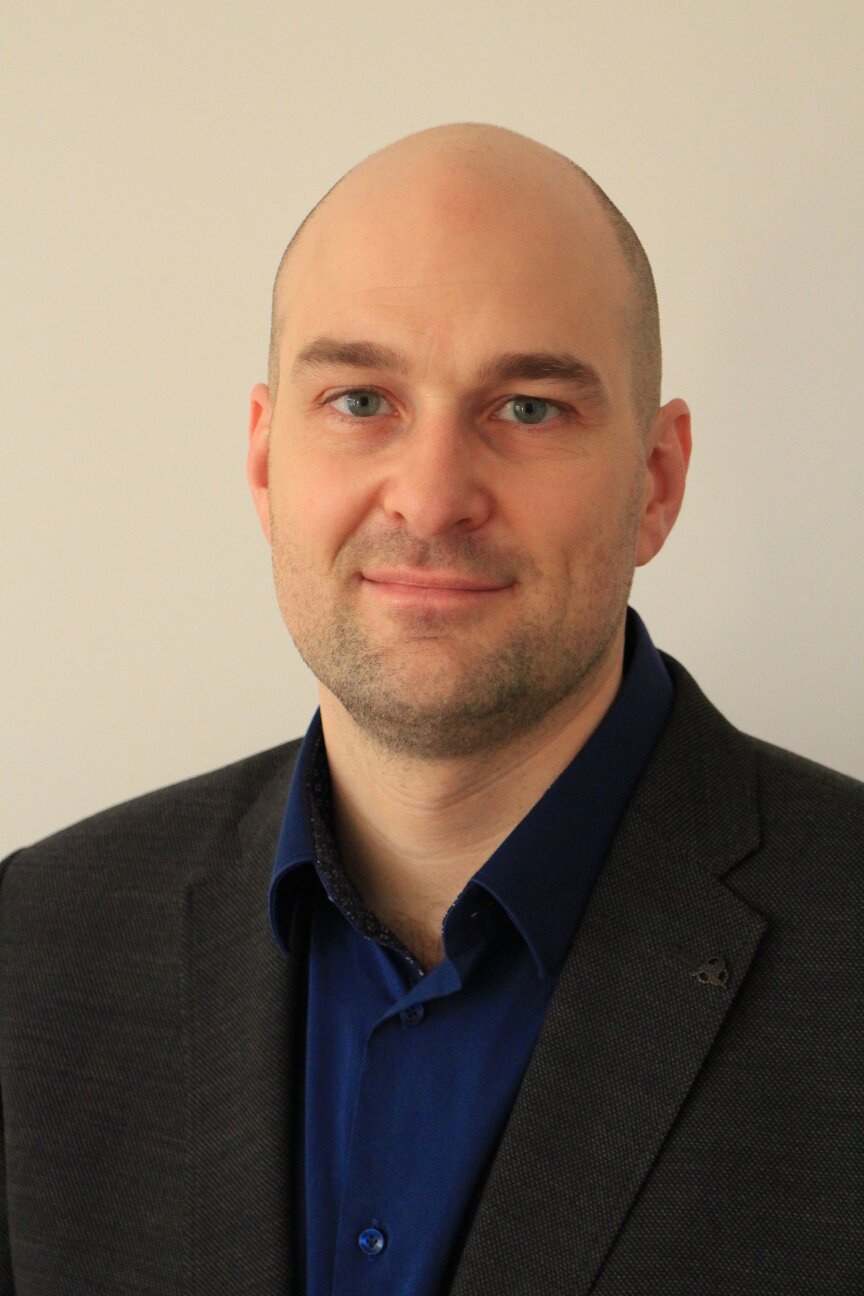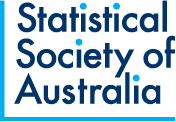Short Courses
Six short courses are offered on Sunday 26 August, before the main conference, covering a wide range of topics each with a strong practical emphasis. Two courses run for the full day, two in the morning only and two in the afternoon. Click on the headings for full details. To register for the short courses, you need to have registered for the main Conference. Click here for short courses’ fees and registration details.
Analysis of multi-state survival data
Scheduling: Full day
Presented by
Terry Therneau, Professor of Biostatistics, Division of Biomedical Statistics and Informatics
Mayo Clinic

Summary
Time-to-event analysis has historically focused on the simple triad of Kaplan-Meier + log-rank + Cox models, all of which focus on a single outcome. And indeed, this has been a very effective tool set for acute disease processes such as advanced cancer where there is a single dominating endpoint of interest. In the last several years, however, multi-state outcome models have become more important in the author’s work. A particular example is the Mayo Clinic study of Aging, where there are at least 3 intertwined processes: the progression from none -> mild -> significant accumulation of amyloid in the brain, a similar process for the accumulation of tau tangles, and clinical progression from normal to mild cognitive impairment (MCI) to dementia.
Topics will include:
- Multi-state “probability in state” curves (Aalen-Johansen)
- Multi-state models
- Proportional hazards transitions
- Fine-Gray
- Interval censoring and parametric models
- Useful predictions from a model
- Pr(in state s at time t)
- E(time in state s) or sojourn time
- Pr(ever enter state s) or lifetime risk
The material will be motivated by practical examples that have arisen in the author’s work. Code to generate all the examples will be available to the users for later follow-up (though code itself will be at most a minor portion of the presentation).
Using simulation studies to evaluate statistical methods
Scheduling: Full day
Presented by
Tim Morris
Medical Research Council, Clinical Trials Unit at University College London
Michael Crowther
Department of Health Sciences, University of Leicester
Summary
Simulation studies are an invaluable tool in statistical research. They help us to understand the properties of statistical methods and to compare different methods. To perform a meaningful simulation study, careful thought must be put into planning, coding, analysis and interpretation. This course gives participants a framework for planning simulation studies, and the tools to conduct and report them.
The course is structured around our proposed ‘ADMEP’ framework for the planning and execution of simulation studies (Aims, Data generating mechanisms, Methods, Estimands, Performance measures). We will give participants the tools to code and debug simulation studies in Stata, to analyse simulation results including estimates of Monte Carlo uncertainty, and to present and report methods and results in publications.
Developing R packages
Scheduling: Half day (morning)
Presented by
Damjan Vukcevic
University of Melbourne & Murdoch Children’s Research Institute

Summary
You have developed a new statistical method. Now it is time to share it with the world.
The methods that actually get used in practice are those with readily available and user-friendly implementations. Writing and disseminating software is therefore a key skill for modern statisticians, one that is generally not taught widely. This course aims to fill the gap.
The R software environment is widely used for statistical analyses. One of its distinguishing features is the extensive range of R ‘packages’, which anyone can write and share via the internet. This used to be an intimidating process but modern tools have made it simple.
We begin our course with how to write a very basic package, and then show how to include documentation, examples and data. Further topics include: an efficient development workflow, managing relationships between packages, sharing your packages with others, and easy ways to manage packages (finding, installing, upgrading).
A working knowledge of R will be assumed: attendees should know how to use R for basic tasks and how to write simple functions. This course is not suitable for newcomers to R.
Multi-arm multi-stage clinical trials
Scheduling: Half day (morning)
Presented by
Thomas Jaki
Medical and Pharmaceutical Statistics Research Unit, Lancaster University
Thomas Burnett
Medical and Pharmaceutical Statistics Research Unit, Lancaster University


Thomas Jaki Thomas Burnett
Summary
Multi-arm clinical trials are studies in which several different interventions (possibly different agents, different doses of one agent, or different combinations of agents) are compared in a single study. An immediate advantage of such an approach over using separate two-arm studies to investigate this set of experimental treatments is that only a single control group is used as opposed to one control group per trial. Additionally, such studies allow a fair, contemporary, comparison of different experimental treatments as the comparisons are made against the same control group and under a single protocol meaning that relevant features of the study, such as inclusion/exclusion criteria, are the same.
Added efficiency can be gained by using a multi-stage approach were treatments are selected at interim analyses. In this course the methods behind multi-arm multi-stage designs are discussed and their implementation in practice considered.
Fast algorithms and modern visualisations for feature selection
Scheduling: Half day (afternoon)
Presented by
Samuel Mueller
University of Sydney
Garth Tarr
University of Sydney
Summary
This short course focuses on model selection techniques regression models in two scenarios: when an extensive search of the model space is possible as well as when the dimension is large and either stepwise algorithms or regularisation techniques have to be employed to identify good models. We incorporate recent research on graphical tools for model choice and touch on how to tune regularisation procedures, such as the Lasso through resampling or model selection criteria. Importantly, the limitations of the various model selection procedures will be discussed. A key component of the course is assessing the stability of selected components which is paramount for reliable predictive final models. We show how this can be achieved through visualizing measures of stability.
The practical implementation of the discussed methods is an essential component of this course. Interactive labs will give participants the opportunity to apply what they have learnt with some material that can be done after the course, to further digest the material. We will use the cross-platform, open-source software R, in particular we will make use of the leaps, bestglm, glmnet and the mplot package.
Practical Application of Bayesian Approaches to Design and Analysis of Clinical Trials
Scheduling: Half day (afternoon)
Presented by
Christina Yap
Reader in Biostatistics and Clinical Trials
Cancer Research UK Clinical Trials Unit
University of Birmingham, UK
Lucinda Billingham
Professor of Biostatistics and Director of Statistics
Cancer Research UK Clinical Trials Unit
University of Birmingham, UK


Christina Yap Lucinda Billingham
Summary
Bayesian methods are continuing to grow in importance as an approach for the design and analysis of clinical trials. Implementing such methods in real life is not straightforward. This course will give insight into how to deal with the challenges in implementing Bayesian methods in practice by basing the course material on a diverse range of real-life applications in trials. It will highlight how Bayesian inference can be a powerful and flexible tool in making the interpretation of trial results simple, relevant and intuitive.
The course will cover trial designs from those using simple conjugate analysis to more complex scenarios requiring modelling and discuss how to choose prior distributions and criteria for decision making. Specific applications from early to late phase settings will be covered with demonstrations of how to report results from a Bayesian analysis in a clinically accessible way and comparisons with the classical frequentist approach. Real world applications will include toxicity monitoring, efficacy screening, adaptive randomisation, hierarchical modelling, incorporating historical control data and designing trials in rare diseases.
The course will provide participants with knowledge and confidence to be able to go back to their research institutions and practically consider and implement Bayesian methods for their own portfolio of trials.







